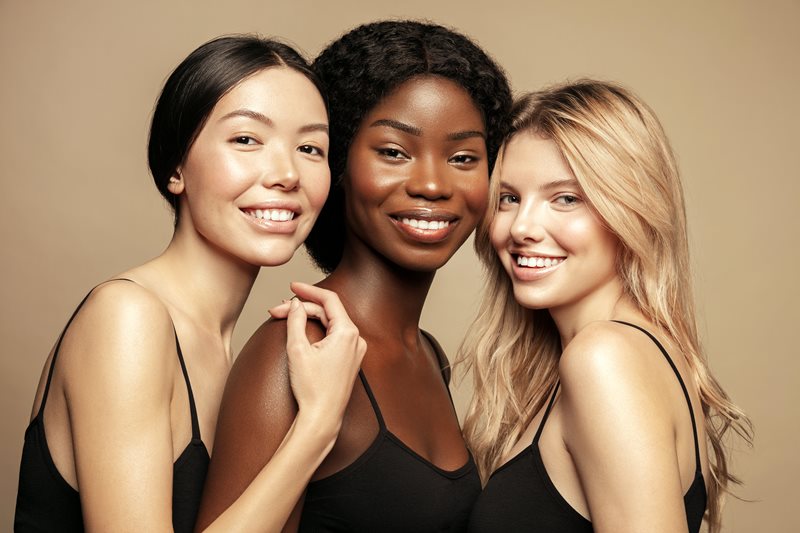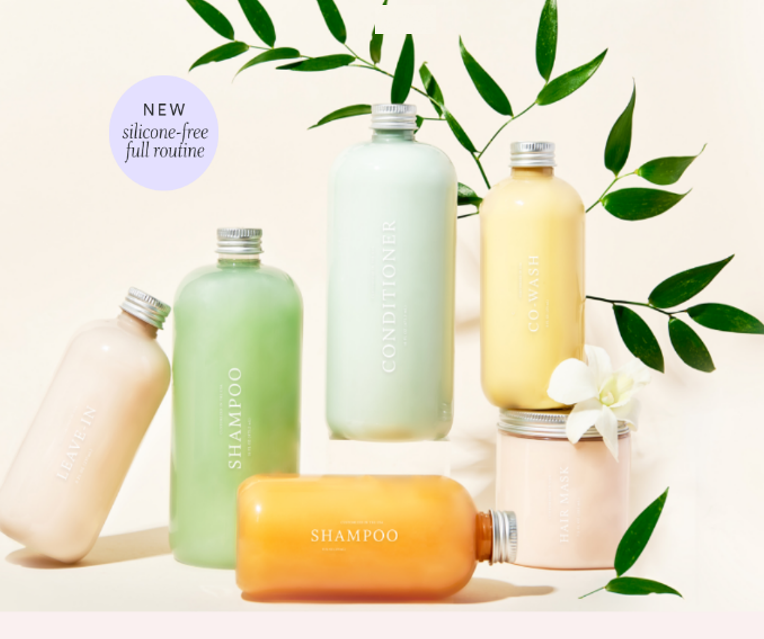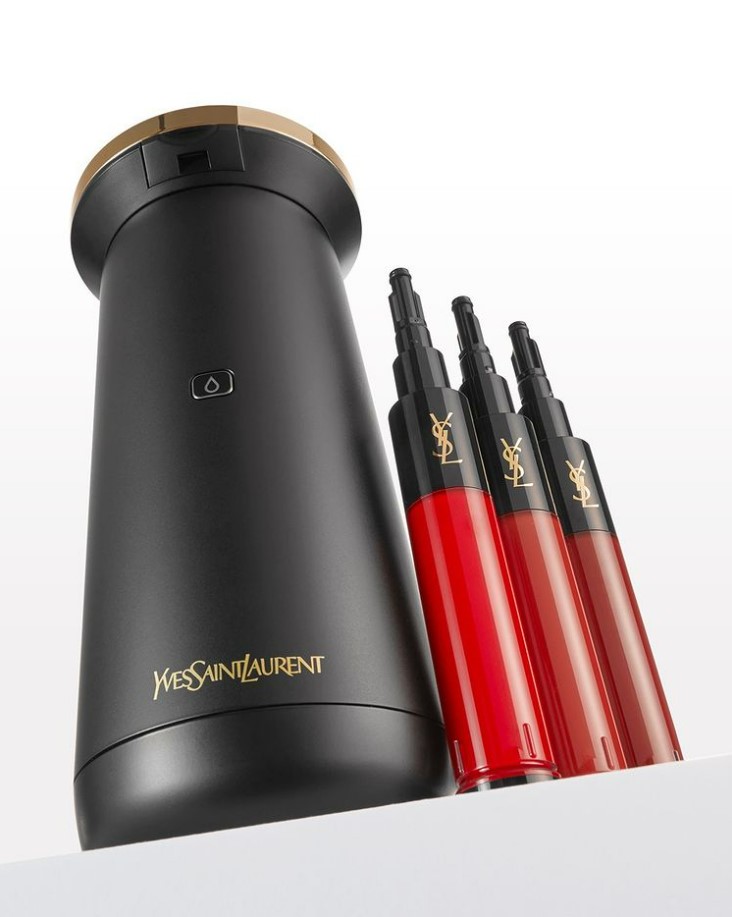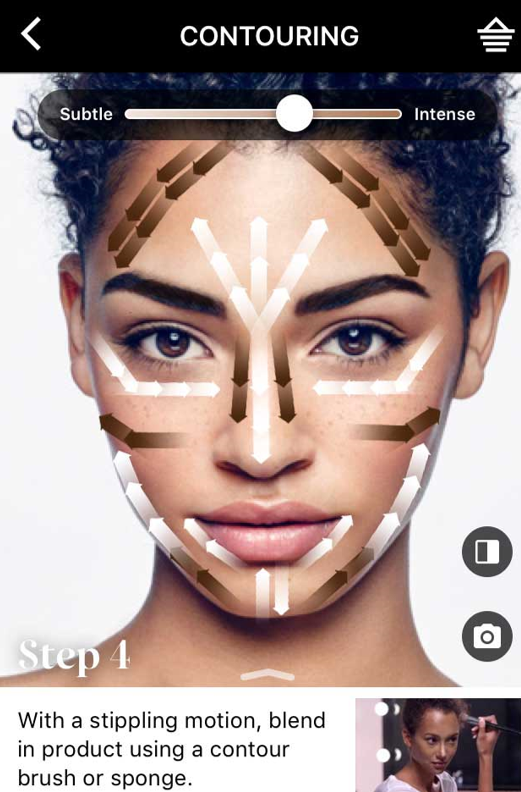
When I think about Health & Beauty as a whole, a stereotypical image comes to mind. A size 6, leggy model strutting her stuff, promoting unobtainable beauty standards, in one way or another.
With this is mind, it’s hardly surprising that our
Future of Beauty Research found 60% of people don’t feel represented in Health & Beauty ads, and (to me anyway) it’s even less surprising that the younger, Gen Z consumers have turned to platforms such as TikTok, where they can find people they feel represent them, to discover their new beauty favourites.
So, how do Health & Beauty companies begin to tackle this issue of representation?
*Beauty personalisation enters the chat*
What Exactly is Beauty Personalisation?
You know the feeling of putting on your favourite pair of jeans? They fit perfectly; you feel like they have been made just for you. That feeling is the goal with beauty personalisation.
This idea saw a surge in the Health & Beauty industry during the (dare I mention it) pandemic, when people were forced to make skincare and makeup purchases from home. In fact, a study carried out by Salesforce* found that marketers saw an overwhelming 97% increase in business outcomes when personalisation was implemented.
From online quizzes generating your perfect skincare routine, to using ‘shade match’ services online or in store, to find your foundation colour. The variations are endless, but the goal is the same, to deliver a ‘perfect fit’ solution to the consumer.
So, what does all this have to do with representation in the industry? I hear you ask! By delivering a personalised customer experience Health & Beauty brands can ensure they boost representation by catering for groups of people that in the past have felt looked over.
Why Should You Care?
Well, to put it simply, it’s what the people want!
Consumers are now more clued up on their beauty needs, they know their skin, hair, and body better than any company ever could. This is partially thanks to the skincare boom during the pandemic, and partially due to the influx of knowledge spread on social media. They know one product doesn’t fit all, despite how much an ad will try to convince you of this, and will seek a personalised solution to meet their specific needs.
Who Are the Ones to Watch?
Here, I have taken a look at 3 brands who have integrated a personalised experience for their consumers, for you to take inspiration from:
Function of Beauty

This is one of the first brands I remember jumping on the beauty personalisation hype – well actually they built an entire brand around the idea! Function of Beauty are a haircare subscription service who promise a 100% customised haircare routine.
To create your personalised products, fill in a hair quiz providing information including your hair type, condition and your hair goals, this determines the formula of your haircare for your specific hair type. Then onto the fun bit … choosing scents, colours, and strengths of the products.
One of the Function of Beauty founders, Zahir Dossa, spoke about how the idea for the business was born, in an interview with
Skincare.com.
“We surveyed a growing customer base for The Argan Tree, a company I had launched in 2009 and asked how to make our products perfect. We found every person had a different answer based on their own needs and goals. It was overwhelming! That led to the ‘aha’ moment for the seemingly improbable (at the time) idea for unique products for every customer.”
Since launching in 2015, Function of Beauty have successfully gained support from a variety of influencers and expanded into the skincare market. Helping to promote their core selling point of complete and accessible beauty customisation for everyone.
YSL Beauty

In 2021 after carrying consumer research YSL recognised
“a need for a higher level of personalisation with products – especially in the last several years” and as a result, brought lipstick and technology together, by launching the first lip colour creator.
The Rouge Sur Mesure device, paired with the YSL Beauty app, can make up to 4,000 different shades at the touch of a button, helping people of all skin tones, find there perfect lipstick shade – I can hear the excited squeals from make-up lovers already!
If that didn’t sound personalised enough, when you introduce the app, it gets better. Using the Shade Stylist feature, users can take a photo of their outfit and drop pins over key areas for example the skin, hair, or an item of clothing. The app will use these pins to generate a perfect shade match suggestion, that you can then create with the Rouge Sur Mesure device. It doesn’t get much more personalised than that!
Sephora’s Virtual Artist

In 2016 Sephora launched their Virtual Artist, to bring a more personal experience for online shoppers. In the words of Mary Laughton, the Executive Vice President of Omni Retail for Sephora.
“The Virtual Artist is a really good example of where there was a real customer need, it can be overwhelming coming into our stores or shopping online, but this makes it easy to help you find your favourite shade and save you time.”
The service uses Augmented Reality to scan your face and allow users to experiment with infinite eyeshadow, lipstick & foundation shades.
It doesn’t stop there; the service also gives you access to a library of personalised step-by-step makeup tutorials, based on your facial features. Sharing knowledge on how to do your eyeliner, for eye shape, or the best contour placement based on your facial structure —all without stepping foot in store & talking to an annoying sales assistant, the dream!
So, can personalisation help Health & Beauty brands become more representative? Although it’s not a complete solution to the problem, I think it’s certainly a jump in the right direction and to put it frankly, if your brand isn’t doing it, you can be sure someone else is!
Posted 11 July 2022 by Paige Byrne